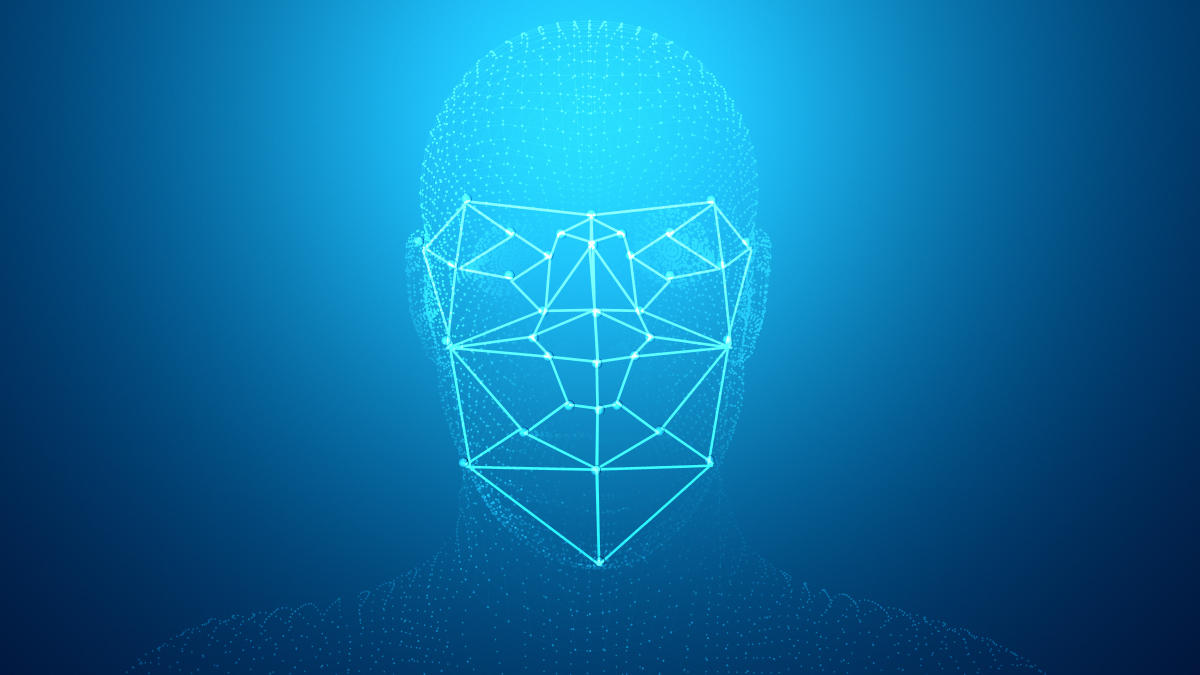The Detroit Police Department has been mandated to adopt new regulations to reduce its dependence on facial recognition technology, following the city’s settlement with Robert Williams, a Black man who was wrongfully arrested in 2020 due to a false facial recognition match. These regulations do not constitute a complete ban on the technology, and enforcement of the agreement by the court is limited to a four-year period. Under the new directives, which the ACLU describes as the most stringent law enforcement policies regarding facial recognition in the country, police are prohibited from making arrests solely based on facial recognition results or conducting lineups only on facial recognition leads.
Williams was arrested after facial recognition technology flagged his expired driver’s license photo as a match to an alleged shoplifter, which was then used by the police to construct a photo lineup. He was apprehended at his home, in front of his family, an experience that he says “completely upended my life.” The Detroit PD has been responsible for at least two other wrongful arrests based on the results of facial recognition technology (FRT), both involving Black victims, the ACLU highlighted in its announcement of the settlement. Research shows that facial recognition is .
The new guidelines specify that “[a]n FRT lead, combined with a lineup identification, may never be a sufficient basis for seeking an arrest warrant,” as outlined in a summary of the agreement. Furthermore, there must be “independent and reliable evidence linking a suspect to a crime.” Detroit police officers will be required to participate in training that addresses racial bias related to the accuracy of the technology, and all cases since 2017 in which facial recognition was used to obtain an arrest warrant will be audited.
In an op-ed for TIME published today, Williams stated that the agreement fundamentally ensures that “DPD can no longer substitute facial recognition for basic investigative police work.”
This article contains affiliate links; if you click such a link and make a purchase, we may earn a commission.



